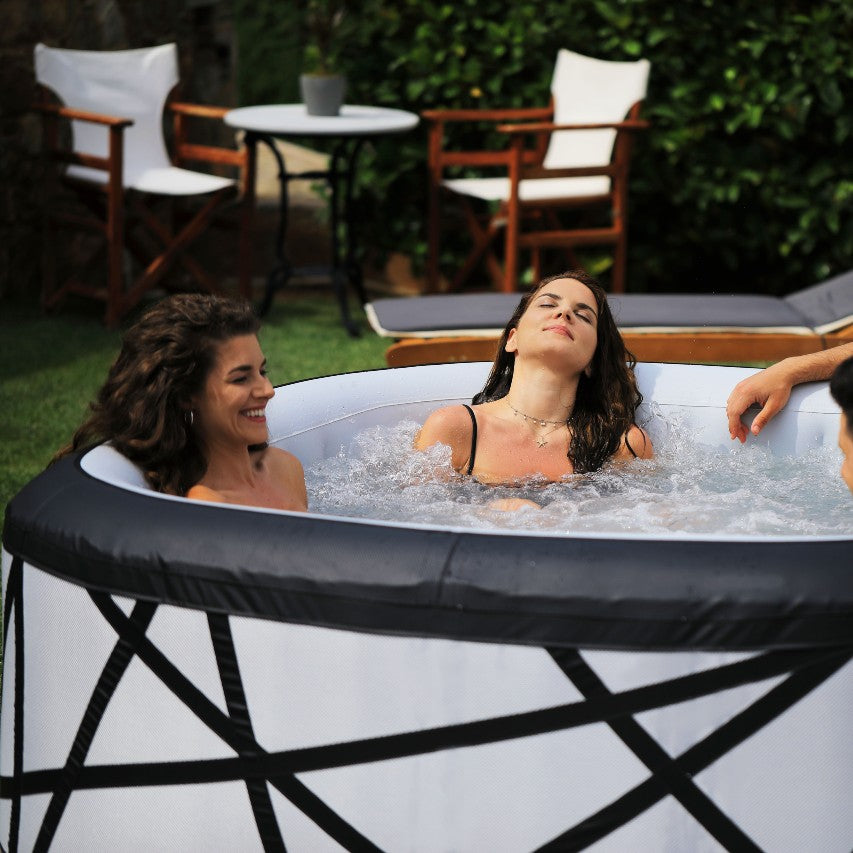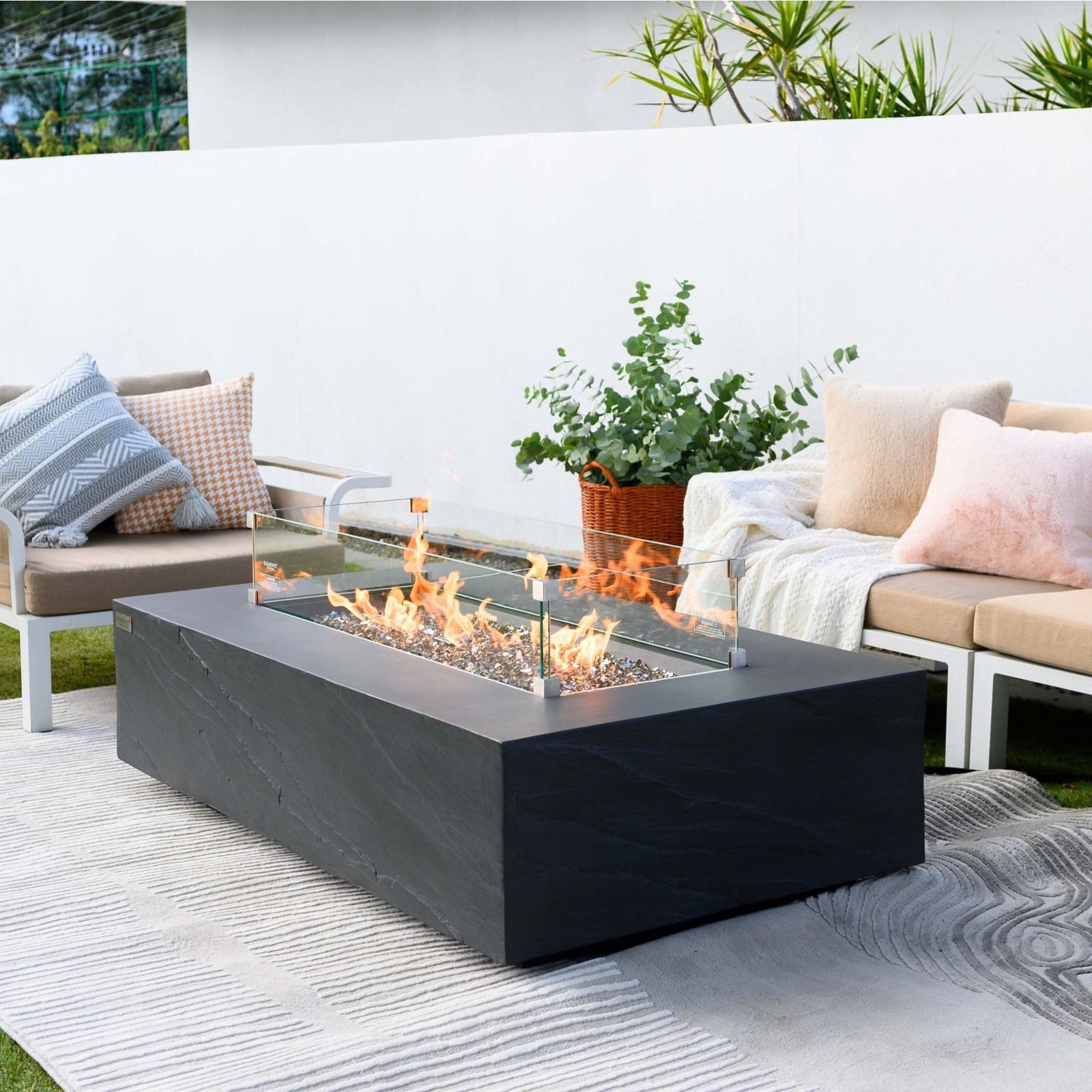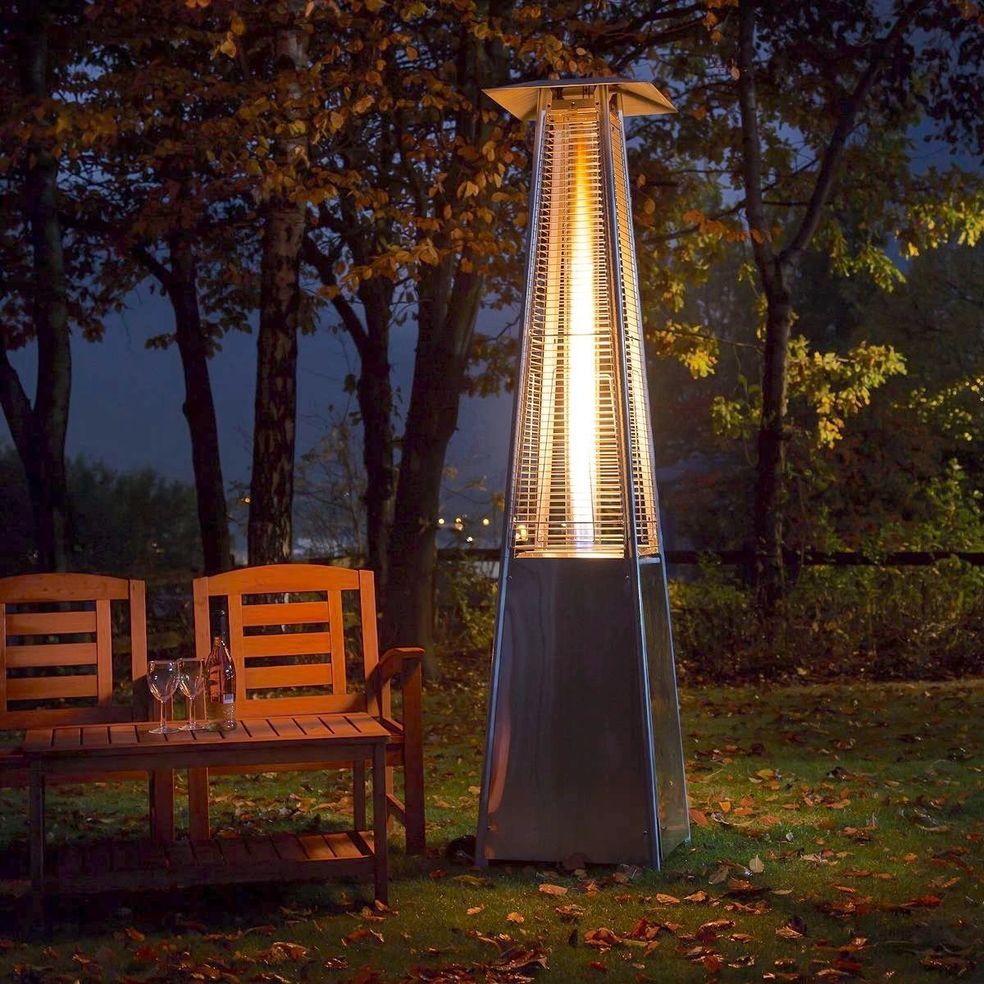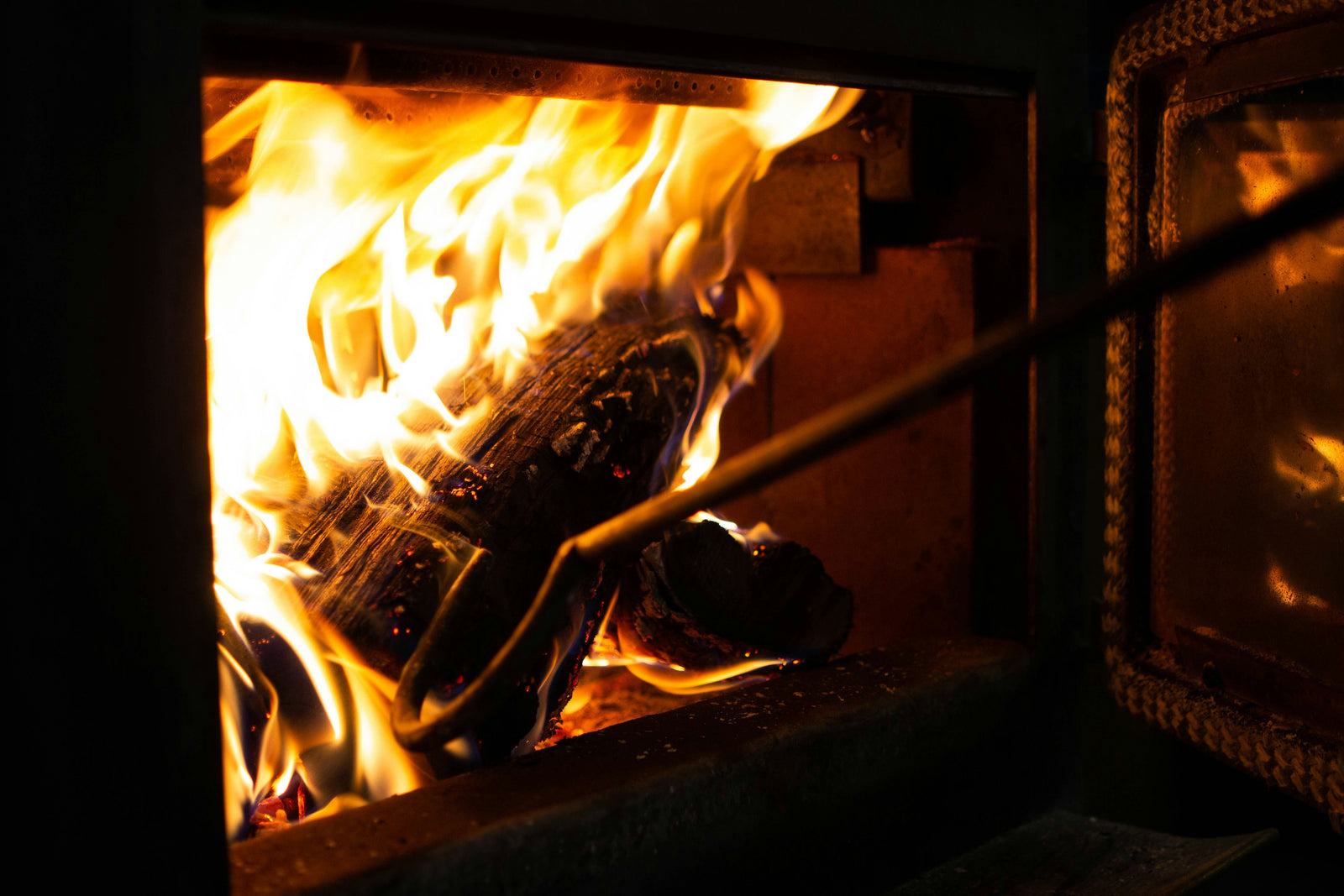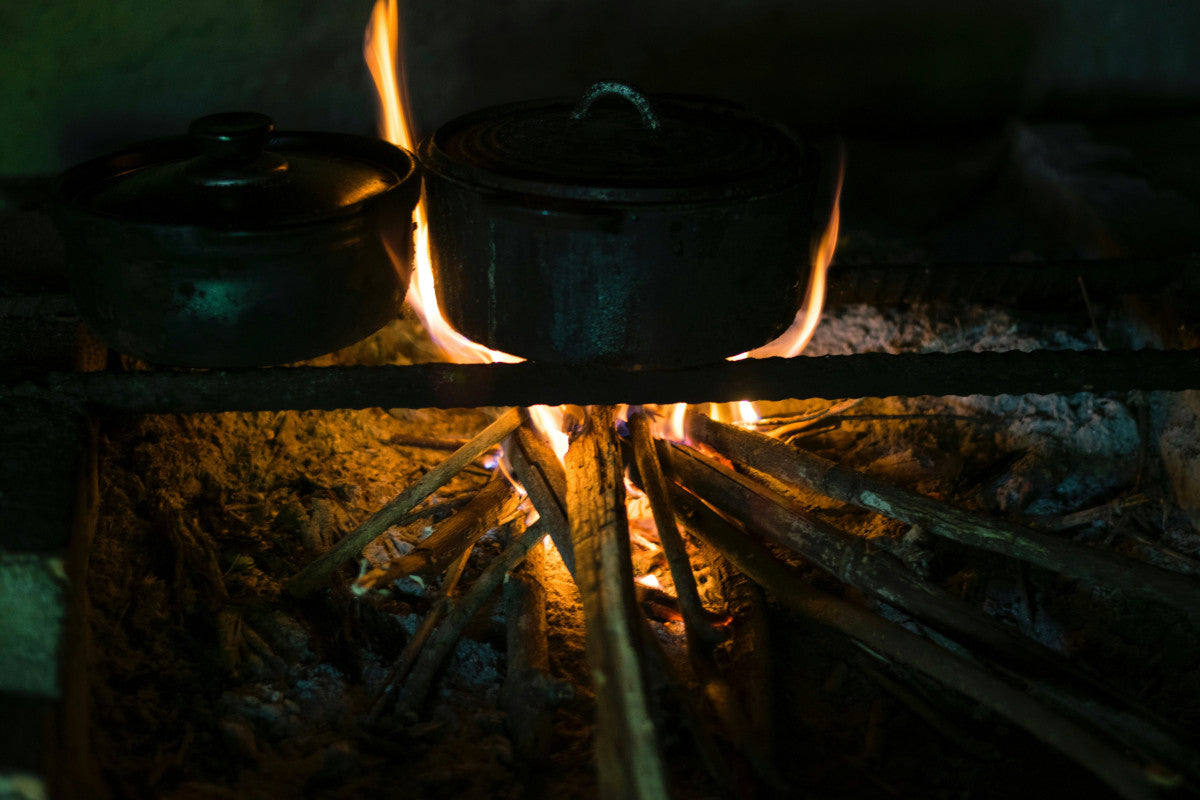Your pool heat pump allows you to extend your swimming season and enjoy your pool to the fullest, creating the most comfortable experience possible. But you need to take care of it to keep it performing its best for the long haul.
Regular pool heater cleaning extends equipment lifespan, improves efficiency, and saves you from expensive repairs down the road. It’s not all that difficult either, as you’ll discover in this guide on how to clean pool heat pump.
We’ll guide you step-by-step through how to clean pool heater, from the exterior to the coils, the filter, and more. You’ll also get other maintenance tips to keep your pump working properly.
When it comes to time to replace your pump, though, remember our pool heat pump selection at Outdoor Direct is second to none. If you purchased an AquaCal pool heat pump from us or one of the other brands we carry, you can also get in touch for personalized assistance.
Why Pool Heater Cleaning is So Important
We know you’d rather be relaxing and enjoying your pool than cleaning the pump, but hear us out. This is an essential part of owning a pool heater, something that cannot be overlooked. Here’s why.
Extending the Heat Pump Lifespan
The pool heat pump cost isn’t cheap - which is why it’s worth doing a bit of preventative maintenance to extend the life of your initial investment.
So, how long do pool heaters last typically? If you take the time to clean your pump regularly and you got the best heat pump pool heater from Outdoor Direct, it’s not uncommon to see 10-20 years of life from your equipment.
But dirt, debris, and other contaminants can accumulate on the heat pump's components over time, slowly but surely causing wear and tear that shortens the pump’s operational life. Fortunately, it doesn’t take a ton of effort to keep your pump clean and reduce the strain on its parts, ensuring smoother operation and longevity.
Maintaining Energy Efficiency
We talked a bit about this in our guide on how to run pool heat pump efficiently, but regular cleaning will lower the ongoing cost to heat a pool as well.
When components like coils and filters are free from debris, the heat pump can transfer heat more effectively. This means the system doesn't have to work as hard to maintain the desired pool temperature, leading to lower energy consumption.
Dirty components, on the other hand, hinder heat transfer and force the pump to use more energy, raising operational costs.
So if you’re wondering how much electricity does a pool heat pump use or how long does it take for a pool to heat up, you can lower your energy bills while speeding up the heating process with a bit of TLC.
Preventing More Costly Repairs
If you don’t carve out time for pool heater cleaning, you may find yourself dealing with frequent swimming pool heat pump error codes, or even your pool heater running but not heating.
Dirt and debris can clog the system, causing it to overheat or even break down. These issues can result in costly repairs or the need for component replacements.
Regular cleaning helps you spot potential problems early, such as worn parts or minor leaks, allowing you to address them before they escalate.
How to Clean Pool Heat Pump

It’s clear that pool heater cleaning cannot be taken lightly - so let’s get into how to clean pool heat pump below.There are just 3 simple steps - cleaning the exterior, the coils, and the filters. But first, you need to make sure you have the right cleaning supplies on hand.
Gathering Necessary Supplies
Chances are you have most of the essential tools and supplies around the house already - but some will need to be ordered or sourced from a local pool equipment store. Here’s what you need:
- A soft brush or cloth
- A garden hose with a spray nozzle
- Coil cleaner (specifically designed for HVAC units)
- Screwdrivers (for opening panels)
- A vacuum cleaner with a brush attachment
- Replacement filters (if needed)
- Protective gloves and eyewear
Cleaning the Exterior
Start by cleaning the exterior, which is the easiest part of how to clean pool heater. Make sure the pump is completely turned off and unplugged to prevent any electrical hazards.
Use a soft brush or cloth to gently remove any leaves, dirt, and debris from the exterior surfaces of the heat pump. Pay special attention to the fan grille and the vents.
Using the garden hose with a spray nozzle, gently wash the exterior of the unit. Avoid using high pressure as it can damage the components (that means do not use a pressure washer). Focus on areas where dirt accumulates the most.
Cleaning the Coils
Next, clean the coils. Remove the panels that cover them using a screwdriver. Refer to your heat pump’s manual for specific instructions on accessing the coils if you’re having trouble locating them.
Spray your chosen coil cleaner generously over the coils, again, following the manufacturer's instructions for the specific product you're using. Let the cleaner sit for the recommended amount of time to break down any dirt and grime. This dwell time is very important.
After the cleaner has worked its magic, gently rinse the coils with the garden hose. Make sure all the cleaner and loosened debris are thoroughly washed away.
Checking the Filters
Identify the location of the air filters in your heat pump, which can once again be streamlined by reading through your unit’s manual.
Once you’ve found them, carefully remove them and determine how dirty and/or damaged they are. If the filters are reusable, clean them according to the manufacturer’s instructions. If they are disposable and appear worn out, replace them with new ones.
Cleaning filters is fairly easy - a vacuum with a brush attachment will help get the job done fast. Rinse them with water if necessary and allow them to dry completely before reinstalling. For disposable filters, ensure you have the correct replacement size and type.
Reassembling the Heat Pump
Most of the hard work is done, now it’s just a matter of reassembling the heat pump. After everything has dried, you can reattach all panels securely using the screwdrivers. Make sure everything is properly aligned and tightened.
While reassembling, check for any loose electrical or plumbing connections and tighten them if necessary. Then, plug the unit back in and turn on the power. Listen for any unusual noises that might indicate an issue. If everything sounds normal, your heat pump is ready to go!
More Maintenance Tips for Pool Heat Pumps

There you have it, how to clean pool heat pump! It’s not much work yet it can make a massive difference in how well your pump operates along with its longevity.
But, there are a few other maintenance tips we want to leave you with to make the most of this investment in your pool’s enjoyability:
- Check for Leaks: Regularly inspect the unit and surrounding area for any signs of water or refrigerant leaks.
- Inspect Electrical Connections: Ensure all electrical connections are secure and there are no signs of wear or corrosion.
- Monitor the Heat Exchanger: Look for any corrosion or buildup on the heat exchanger. This component is crucial for efficient heat transfer.
- Check Pressure Gauges: Monitor the pressure gauges if your heat pump is equipped with them. Unusual readings may indicate a problem with water flow or refrigerant levels.
- Maintaining Proper Airflow: Ensure there is at least a two-foot clearance around the heat pump. Trim any overgrown vegetation that could obstruct airflow and move furniture away that could block the intake and exhaust vents.
- Refilling Refrigerant: If levels are low, a professional should refill it to the manufacturer's specifications.
- Lubricating Moving Parts: Apply appropriate lubricant to the fan motor and bearings at least once a year to ensure smooth operation and reduce wear.
- Prevent Pool Water Splash: Ensure that the heat pump is positioned in a location where it won't be exposed to excessive splashing from the pool.
When winter rolls around you should take time to winterize your unit to make sure it’s ready to work smoothly next season. Turn it off and unplug it, drain any remaining water from the unit, and then, cover it up to prevent snow, ice, and debris from infiltrating during the off-season.
While nobody wants to spend time working on their pump - they’d rather be relaxing in the pool - a little bit of maintenance and care goes a long way in keeping your unit performing its best season after season.
So, put these tips into practice and see for yourself what a difference they can make in your outdoor enjoyment!
Closing Thoughts on How to Clean Pool Heater
That does it for our guide on how to clean pool heat pump! This advice will enhance the unit’s efficiency, extend its lifespan, and prevent costly repairs.
We hope you feel clear and confident in how to clean pool heater after reading through this article. Regular pool heater cleaning saves you money and elevates your swimming experience, so don’t take it lightly!
Our blog has more resources on topics like pool heat pump installation, how warm can a heat pump get a pool, gas vs electric pool heater, and others.
Remember, though, Outdoor Direct is your trusted source for all your heat pump needs, whether you’re looking for a small pool heat pump, commercial pool heat pump, above ground pool heat pump, or even a pool heater chiller combo.
We source all our equipment from the most trusted brands in the industry, like AquaCal. That means you gain access to the latest and great technology, such as the AquaCal HeatWave SuperQuiet pool heat pump.
We have more affordable solutions too, such as the AquaCal TropiCal pool heat pump. And if you’re more interested in keeping your pool cool amidst the summer heat, our pool chiller selection features the highly touted AquaCal chiller lineup.
Not only do you gain access to the top brands and models but you’ll also get the best value thanks to our price matching, free shipping, and no sales tax policies.
Plus, with world-class customer service every step of the way, you don’t have to stress about pool heat pump sizing or picking the right style. We can help!Better yet, just take our quiz below and discover the perfect pump for your unique needs.

